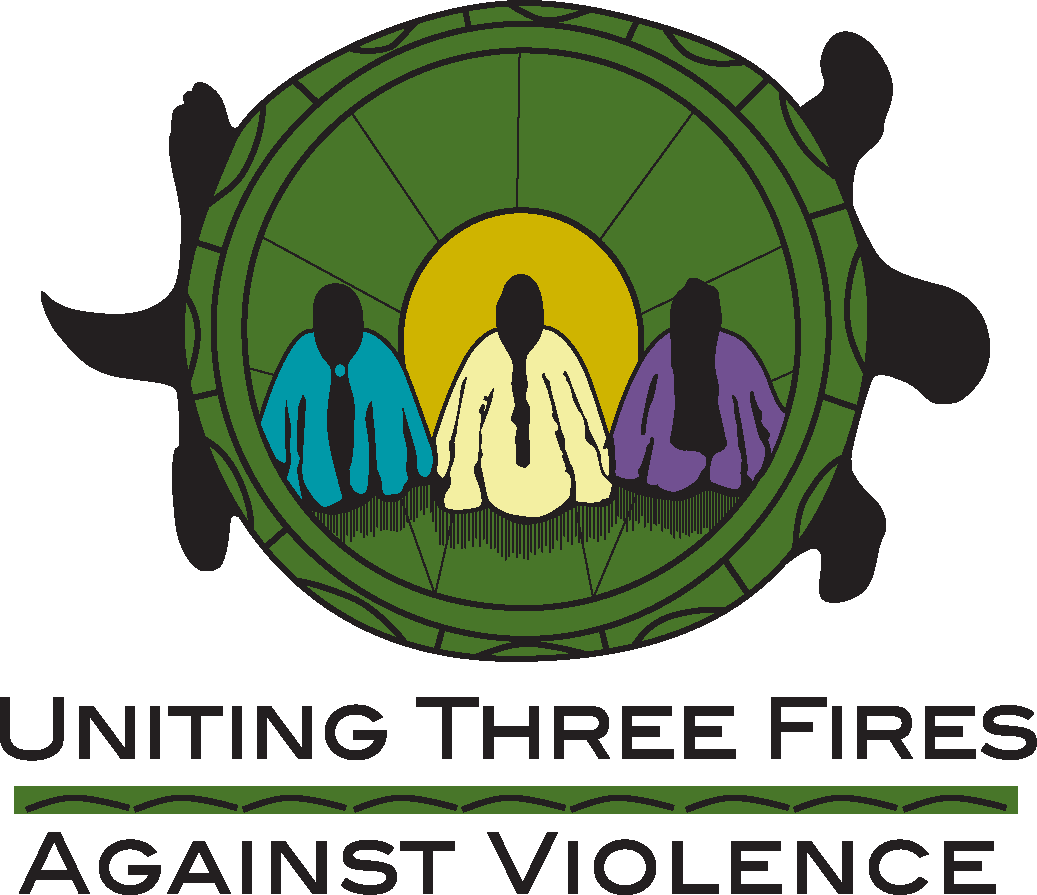Training
UTFAV provides a variety of training opportunities to tribal advocacy programs, tribal leadership, tribal entities working in response to violence within Indian country, our membership, and other non-tribal entities working with survivors.
Resources
UTFAV routinely creates products that contain information related to domestic violence, sexual assault, dating violence, stalking and/or sex trafficking. UTFAV also compiles and shares information related to statistics, reports and other…
Support
UTFAV provides support to tribal advocacy programs and other entities that respond to domestic violence, sexual assault, dating violence, stalking and/or sex trafficking. Technical assistance support can include providing information,…

About Us
Our mission is to support all Michigan Tribes in promoting the social change necessary to address the disproportionate rates of violence impacting our communities. We envision empowered Native American survivors with access to essential and culturally appropriate services throughout the State of Michigan, Tribal communities that have access to the resources necessary to provide the identified services, and Tribal, State and Federal responses guided by culturally appropriate and trauma-informed practices.
Membership
Information

You and/or your organization or Tribe can be a member of Uniting Three Fires Against Violence! Our membership represents a collective group of tribal governments, tribal domestic and sexual violence advocacy programs, and individuals (community members, individual professionals, etc.).
MMIP Toolkit
Project

Missing and Murdered Indigenous People Toolkit Project’s primary goal is to provide a resource toolkit intended for families, individuals and Tribal communities and governments that experience their tribal relatives either going missing and/or being murdered.
Follow Us
on Facebook
Grandfather Teachings

UTFAV is supported by Federal Award 15JOVW-22-GG-03616-MUMU from the Department of Justice, administered by the Office on Violence against Women and the Training for Crime Victim Service Professionals award E20242647-00 awarded by the Division of Victim Services, Michigan Department of Health and Human Services. The opinions, findings, and conclusions or recommendations expressed in this publication/program exhibition are those of the author(s) and do not necessarily reflect the view of the US Department of Justice or the Michigan Department of Health and Human services.
UTFAV does not discriminate in the employment of, or the delivery of services or benefits to, based on race, color, national origin, religion, sex, disability, and age (as well as sexual orientation and gender identity if the subrecipient receives funding from the Office on Violence Against Women (OVW) or under the Violence Against Women Act (VAWA) of 1994, as amended.